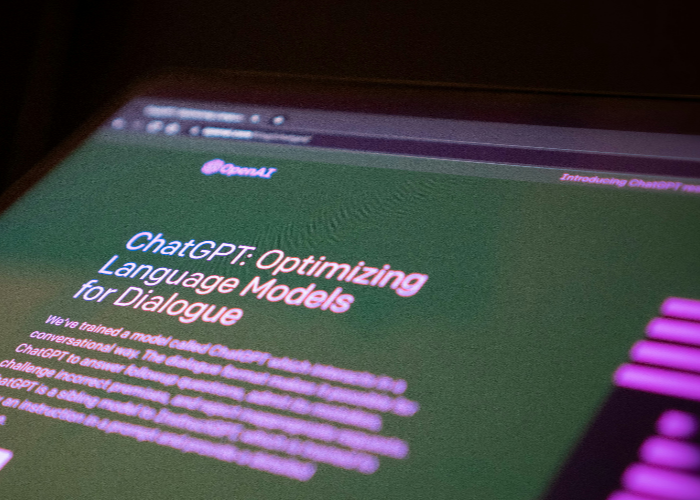.jpg)
The Digital Frontier: Why Africa Must Embrace Programming Skills for Future Jobs
As the world marches steadily into the digital age, Africa stands on the brink of a technological revolution that could redefine its future. The growing influence of digital technologies is not just changing how businesses operate but is also reshaping the job market. The question no longer is whether digital skills are essential but rather how soon will every job demand a basic understanding of programming?
Africa's Digital Awakening
In recent years, Africa has seen an unprecedented rise in internet penetration, mobile phone usage, and digital innovation. Countries like Kenya, Nigeria, and South Africa are emerging as technology hubs, giving birth to a generation of digital entrepreneurs and tech-savvy youth who are keen to solve local problems with global solutions. However, this digital awakening is not without its challenges. The continent faces a critical skills gap that could hinder its progress if not addressed swiftly.
The Rise of Digital Jobs
The global shift towards a digital economy means that jobs are increasingly relying on technology. In Africa, this trend is visible in sectors such as agriculture, finance, healthcare, and education, where digital tools are becoming integral to operations. For instance, in agriculture, drones, and IoT devices are being used to monitor crops, optimize yields, and manage resources more efficiently. In finance, mobile money services like M-Pesa have revolutionized the banking sector, providing financial inclusion to millions who were previously unbanked.
These examples underscore a broader trend: the jobs of the future will require a workforce that is not just digitally literate but also proficient in programming and other technical skills. Whether it's managing data, automating tasks, or developing new digital products, programming is becoming a core competency across industries.
Programming: The New Literacy
Programming is often referred to as the new literacy of the 21st century. Just as reading and writing were essential for participation in the industrial era, programming is becoming crucial for thriving in the digital age. This is particularly important for Africa, where the youth population is growing rapidly, and unemployment remains a significant challenge.
Learning to code is no longer the domain of computer scientists and engineers. It is becoming a fundamental skill that can empower individuals across various fields. For example, in healthcare, knowing how to code can enable professionals to develop apps that monitor patient health or manage medical records more efficiently. In education, teachers with programming skills can create interactive learning platforms that enhance student engagement and understanding.
Bridging the Skills Gap
To capitalize on the opportunities presented by the digital economy, Africa must prioritize the development of programming skills across all levels of society. Governments, educational institutions, and private sector players must collaborate to integrate coding into school curriculums, provide accessible training programs, and create an environment that fosters innovation.
Initiatives like coding bootcamps, online learning platforms, and tech hubs are already making a difference in bridging the skills gap. However, more needs to be done to ensure that these opportunities reach the most marginalized communities, including rural areas where access to technology and education is still limited.
The Role of Policymakers and Industry Leaders
Policymakers and industry leaders have a crucial role to play in driving this transformation. By investing in digital infrastructure, promoting STEM (Science, Technology, Engineering, and Mathematics) education, and creating policies that encourage innovation, they can help build a digitally skilled workforce that is ready to take on the challenges of the future.
Furthermore, companies operating in Africa must also recognize the importance of upskilling their employees. This not only enhances productivity but also ensures that the workforce remains competitive in a rapidly changing job market.
Conclusion: A Future Ready Africa
As the digital economy continues to grow, the demand for programming skills will only intensify. For Africa, embracing this new reality is not just a necessity but an opportunity to leapfrog traditional development paths and become a global leader in innovation. By equipping its workforce with the skills needed for the jobs of the future, Africa can unlock its full potential and build a prosperous, digitally inclusive society.
In the end, the digital revolution is not just about technology; it's about people. And with the right investments in education and skills development, Africa's people can lead the way in shaping a brighter future for the continent.
Comments (1)
Categories
Recent posts


Elevate Your Online Experience: 6 ...
30 Jan 2024
Unleashing High-Income Potential: 10 ...
30 Jan 2024
Reflecting on Our Unforgettable ...
15 Jul 2024.jpg)




🔥🔥